Food Consumer
Family
Mala
Joyful
Mala
Joyful
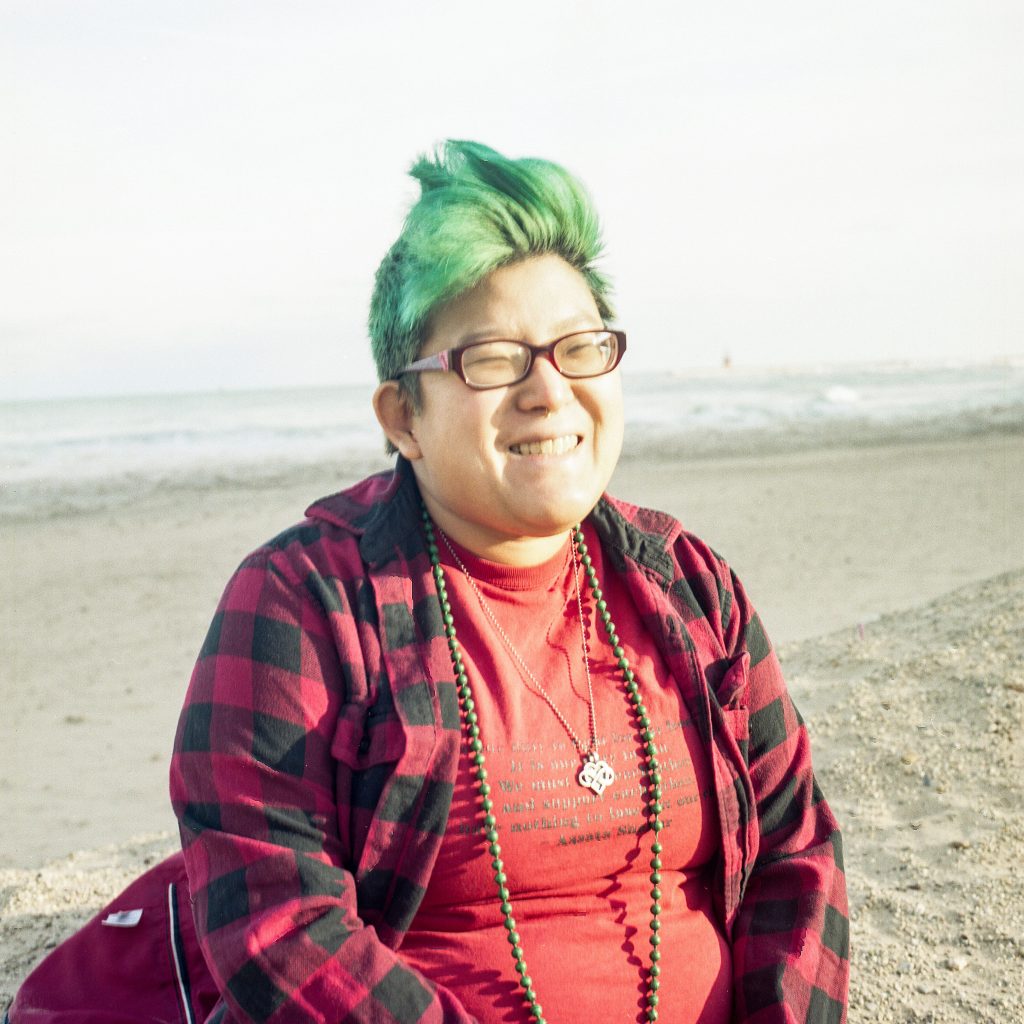
In Chinese, ‘báifàn’, means rice, but ‘fàn’, as a word, can also mean dinner, or a meal. This translation is special to me, and makes me think of abundance, and collective sharing.
Something important to me is making food for others, and sharing food as a ritual. It is a collectivist thing, and it is one of my “love languages”! I love to bake people cookies and make people dinner. Sharing a meal with someone, or cooking together, reminds me of family, and it makes me feel at home.
The restaurant that I like is called Lao Sze Chuan. As a kid, I remember going to the one in the Chicago suburbs, with my family. I really like this chain of restaurants because I love all their spicy food! The free appetizer they give you is this cold cabbage in a spicy oil, and it is super good. The smell of citron peppercorn in the mapo tofu makes me drool.
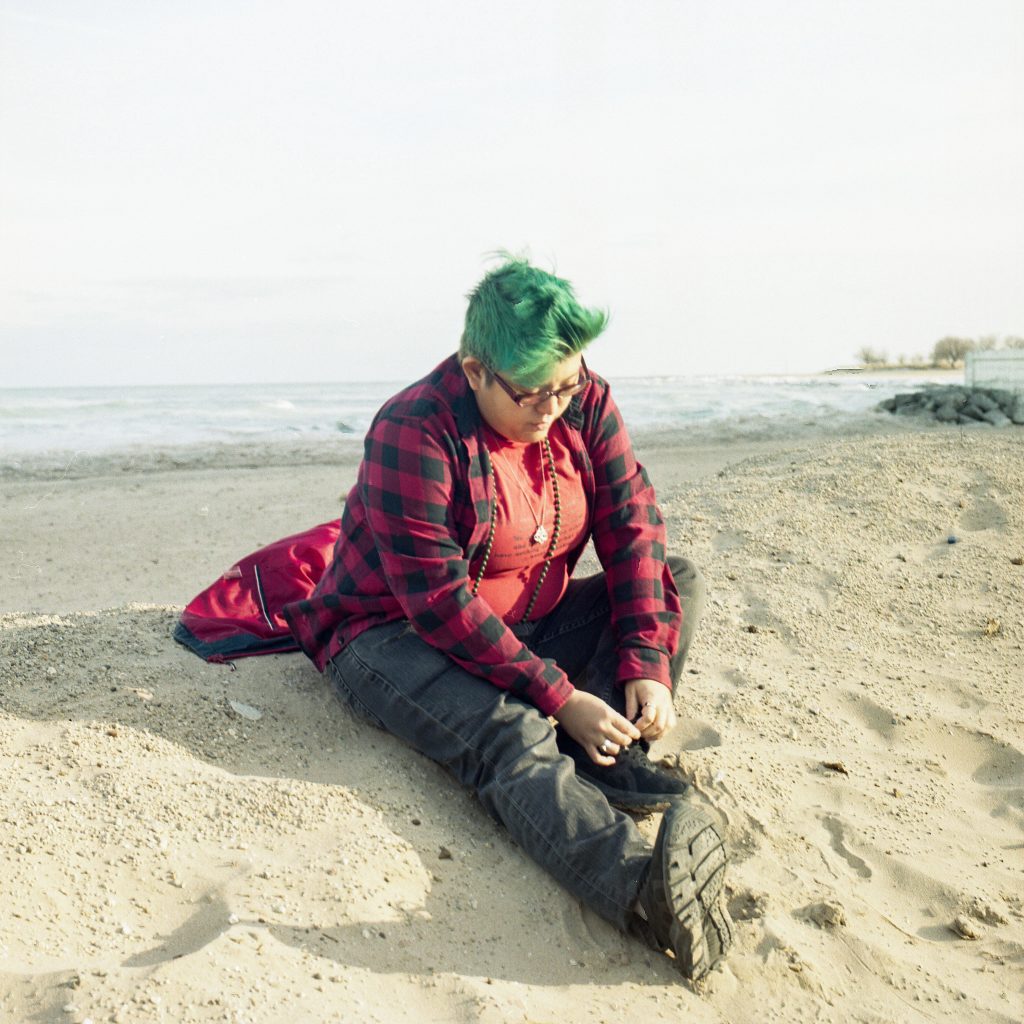
Sometimes I cook Chinese dishes, but I also like to cook dishes from all different cuisines. From my teenage years, up until I was twenty-three, I was a vegetarian. During this time I learned to cook a lot of things, like pasta puttanesca, lasagna, noodles, rice…Some of my greatest comfort foods, when I feel down, or when I want to share something with someone, is Lao Sze Chuan’s mapo tofu. I also like to make dumplings, or bao. For me, noodles and rice are very comforting. I like how different cuisines make them too–curries, noodle soup, fried noodles…
A group of us are seated around a circular table. It is dinner time. We are sitting in Lao Sze Chuan in Chinatown on S. Archer Avenue. There is a steaming pot of tea in the center of the table. There are many dishes on white plates in front of us, such as twice cooked pork belly, crispy shrimp in creamy lemon sauce, boiled fish filet with a spicy sauce, mapo tofu (my all time favorite!) and many little single serving bowls of white rice. There is no liquor, as usually there is no alcohol at the Chinese restaurants I go to. We eat until we cannot eat any more, and there is never room for dessert.
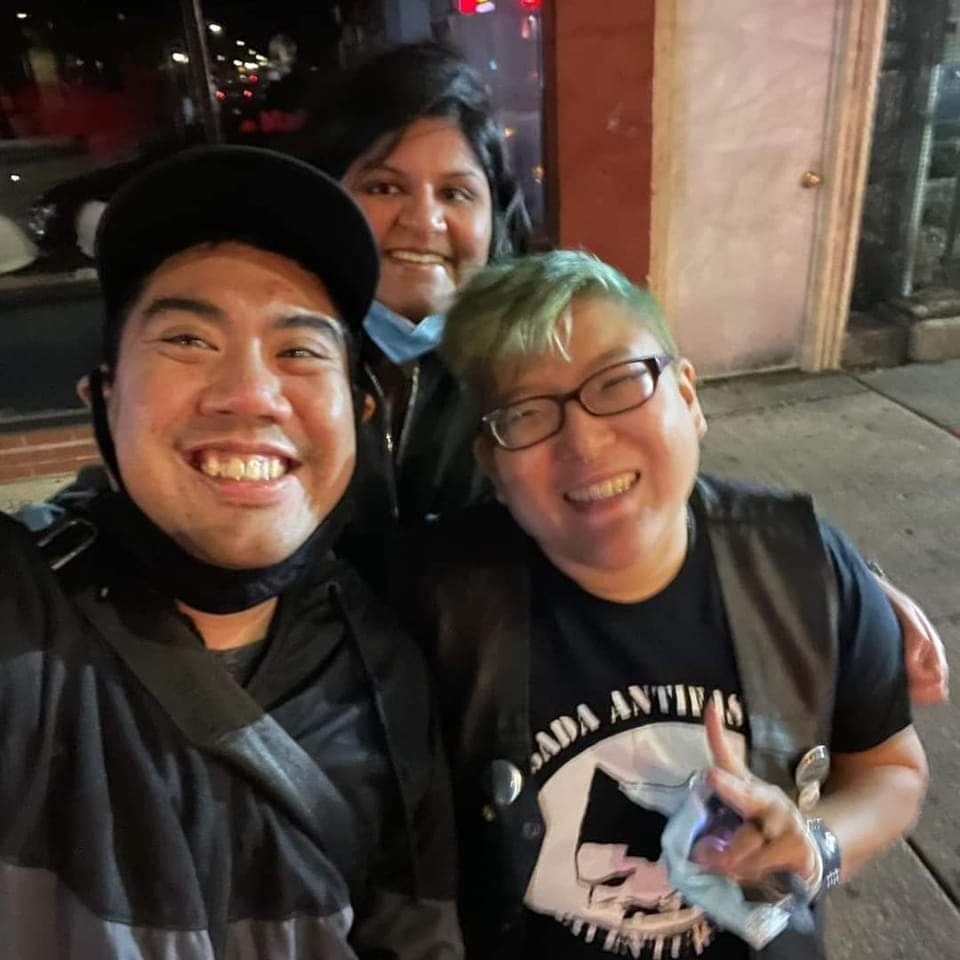
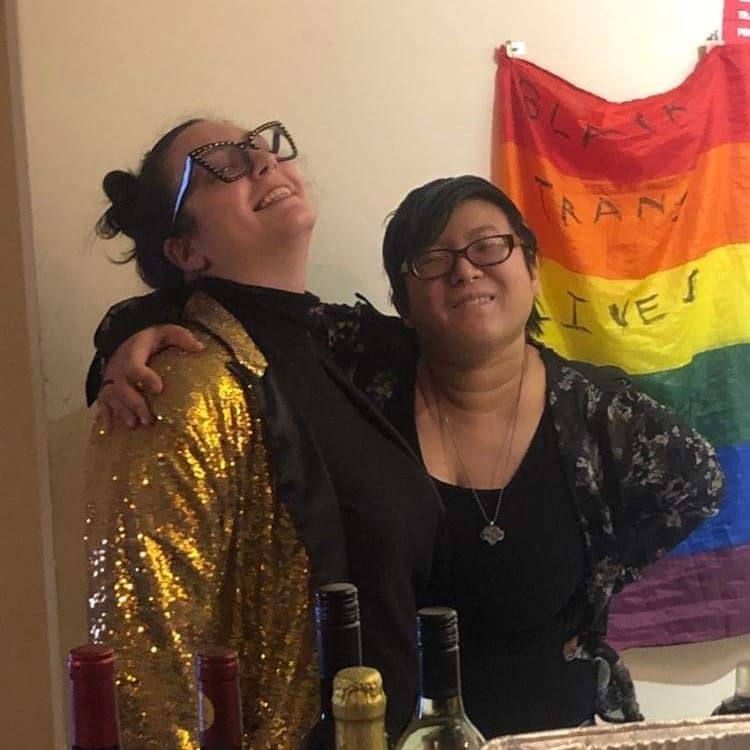
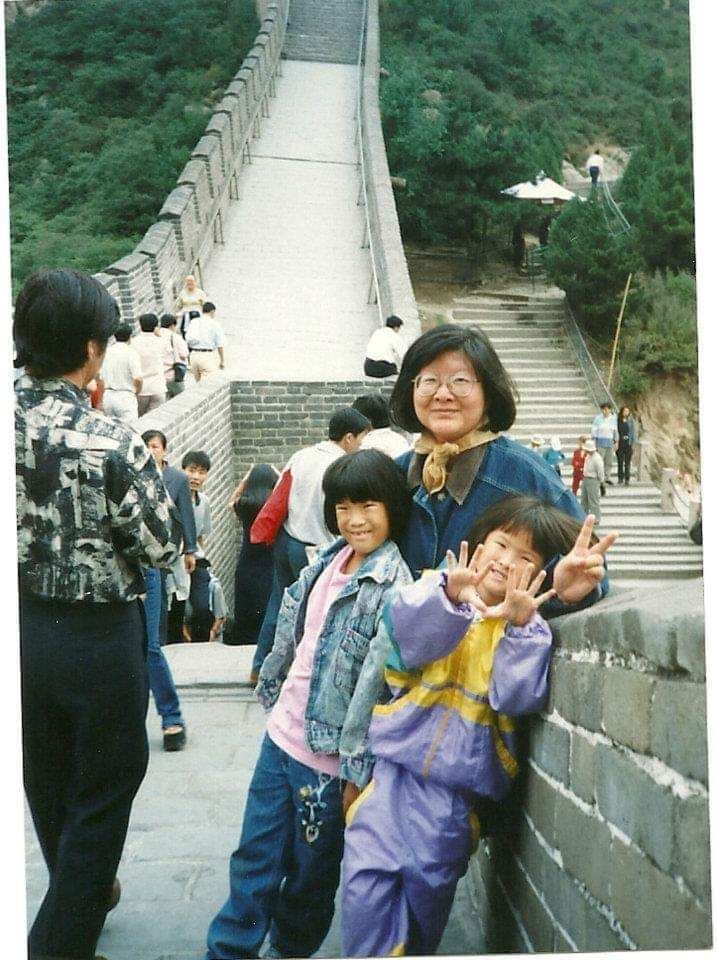
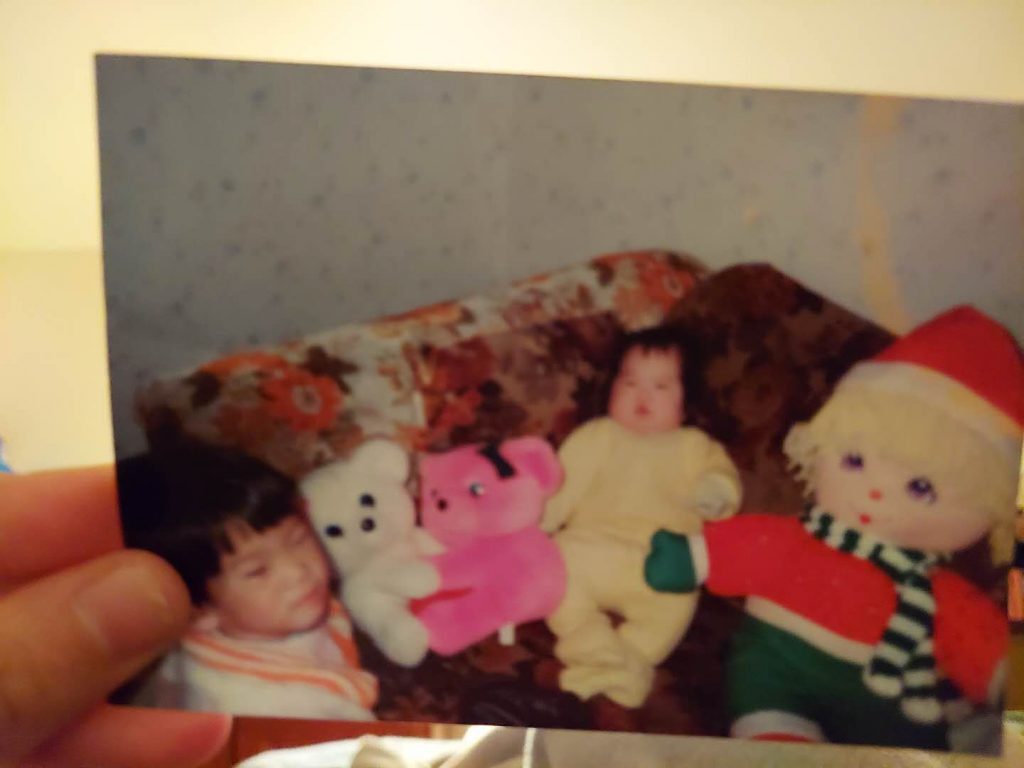
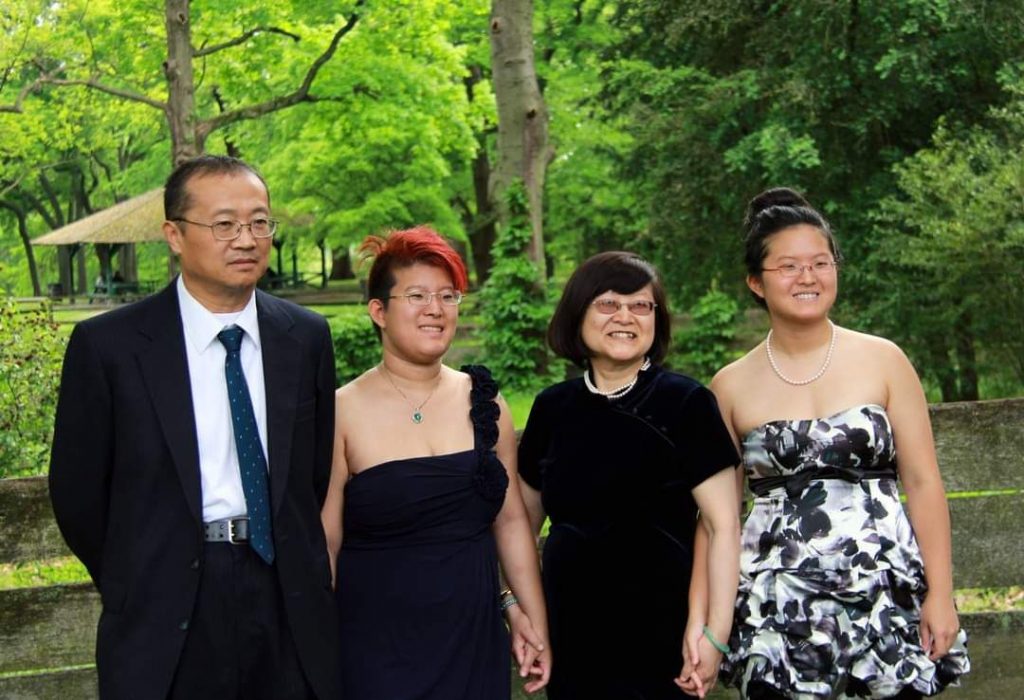
When my parents were growing up in China, they lived through the cultural revolution. They dealt with rationing, and famine. They were sent to work in fields, because all the intellectuals were to be re-educated, and economically produce for the country. People worked in rubber fields, or rice fields. The government did not allow formal, higher education, in colleges or schools, because they didn’t want people to be “bourgeois”. They saw it as people trying to achieve another class, to rise above others. It was tough during this time because my parents were students, but then got sent to work from dawn to dusk. My dad said they got paid five cents a day. It was subsistence living, and very hard.
I believe the first time I went to Lao Sze Chuan, I was with my mom, dad, and sister. I don’t remember what we ordered, but something distinctive about Chinese restaurants (including this one) is that you are given a big bowl of rice. In Chinese, ‘báifàn’, means rice, but ‘fàn’, as a word, can also mean dinner, or a meal. This translation is special to me, and makes me think of abundance, and collective sharing.
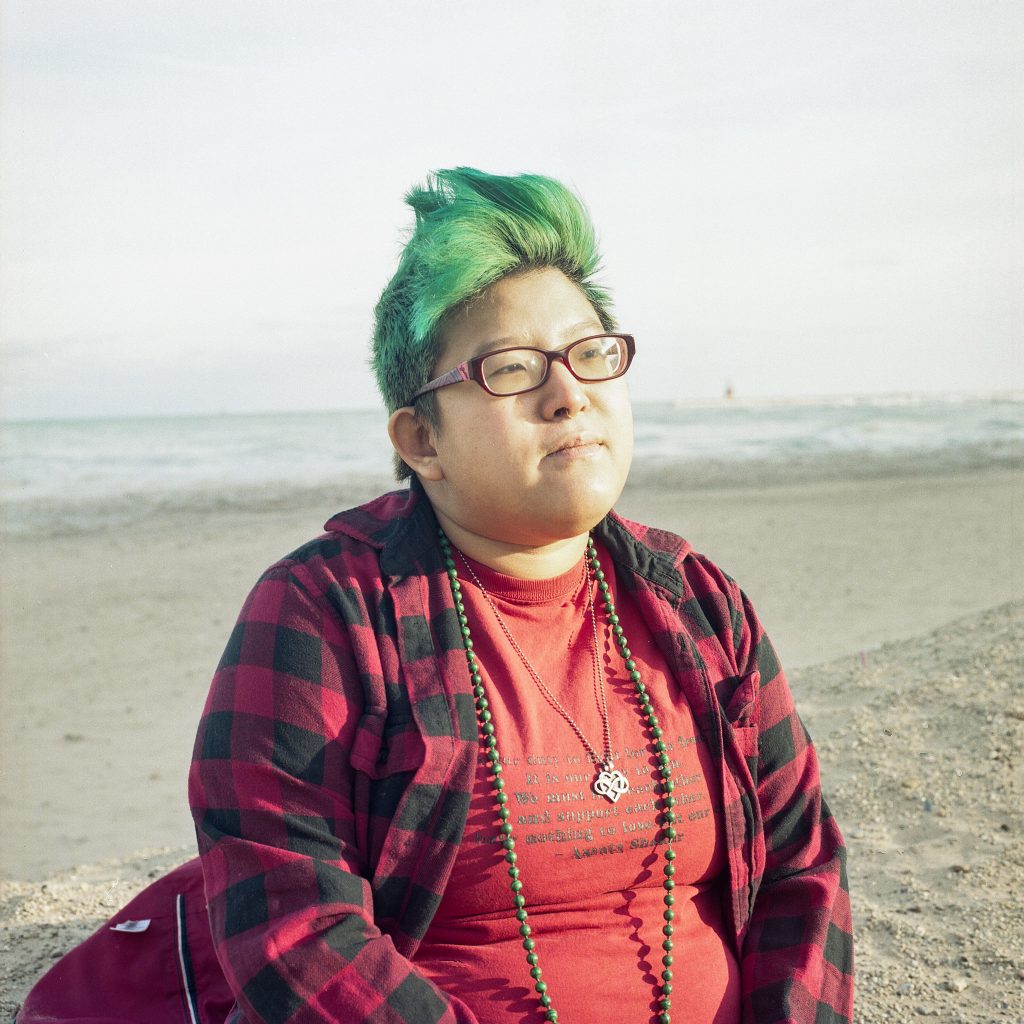
My parents used to share a Chinese idiom with our family. There are a certain number of Chinese characters, and the part I remember is: “…your sweat waters each grain of rice”. This attitude of frugality was deeply instilled in us, growing up. I definitely internalized this. I didn’t grow up living in China, but I have inherited, and learned, some of my parent’s trauma. Now, I’m thirty-one, and have been working a long time, so I have gotten to a place where I don’t have to worry about food anymore, but growing up I was told you have to eat everything. If food drops on the floor, my mom will always retrieve it. My dad and I try to tell her she doesn’t need to do that, but because she lived through what she did, I understand it is really hard for her.
I picked this group of restaurants because it makes me think about groups of people, family, and community. I’ve taken a lot of people to the one in Chicago’s Chinatown. I went with my professor, his daughter, and his friend. I took my research advisor, a big mentor of mine in college. He ordered something called, ‘Three Cup Chili Chicken’. He is this eccentric professor, so he wrote all over the white paper, tablecloth, illustrating an idea! I went there for an anniversary with my partner. I like to get takeout a lot, from the Uptown location!
I feel very happy when I bring my childhood food traditions into my life now, like eating noodles, or dumplings, for Chinese New Year, or the mentality of the collective. We cook together, we eat together. This is something I learned growing up, that I really value. I’m queer, and not married, so I’ve wondered if two of my other queer friends would want to co-own a three flat, or a townhouse, because I want something that resembles that family structure! Something that has that stability.
I visit this memory often. I taste spicy, piquant, numb, homey, savory, fried, white pepper, fragrant and the sweetness of the tea. I hear other tables chattering in Mandarin. I feel joyful, anticipatory, happy, and at home. I feel like food is love, and that is something I truly believe.
Biography:
www.instagram.com/shan.shan.songbird
[ Shan Shan Song is photographed on Osterman Beach, in Chicago, a special place located by their home, on 120mm film. ]